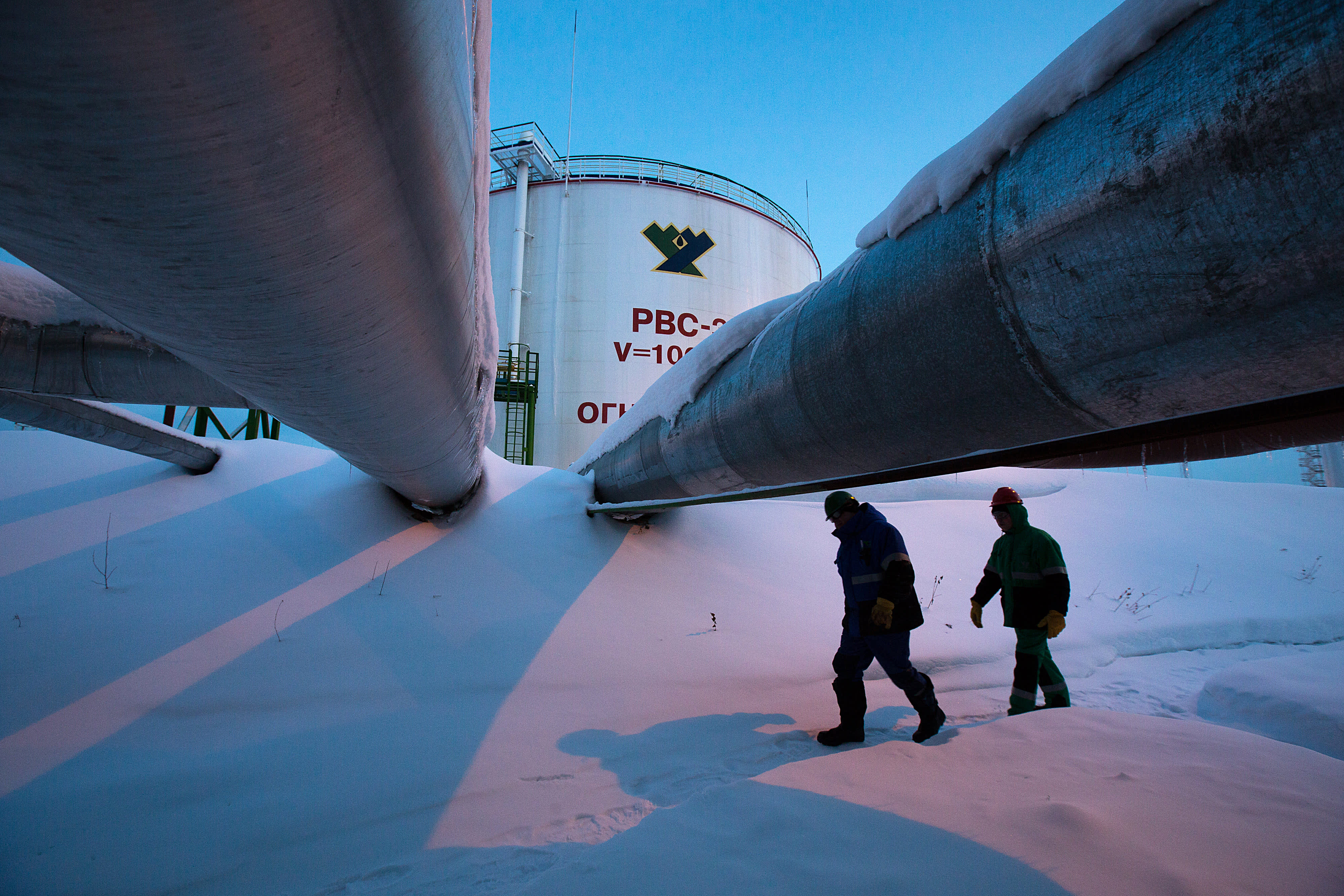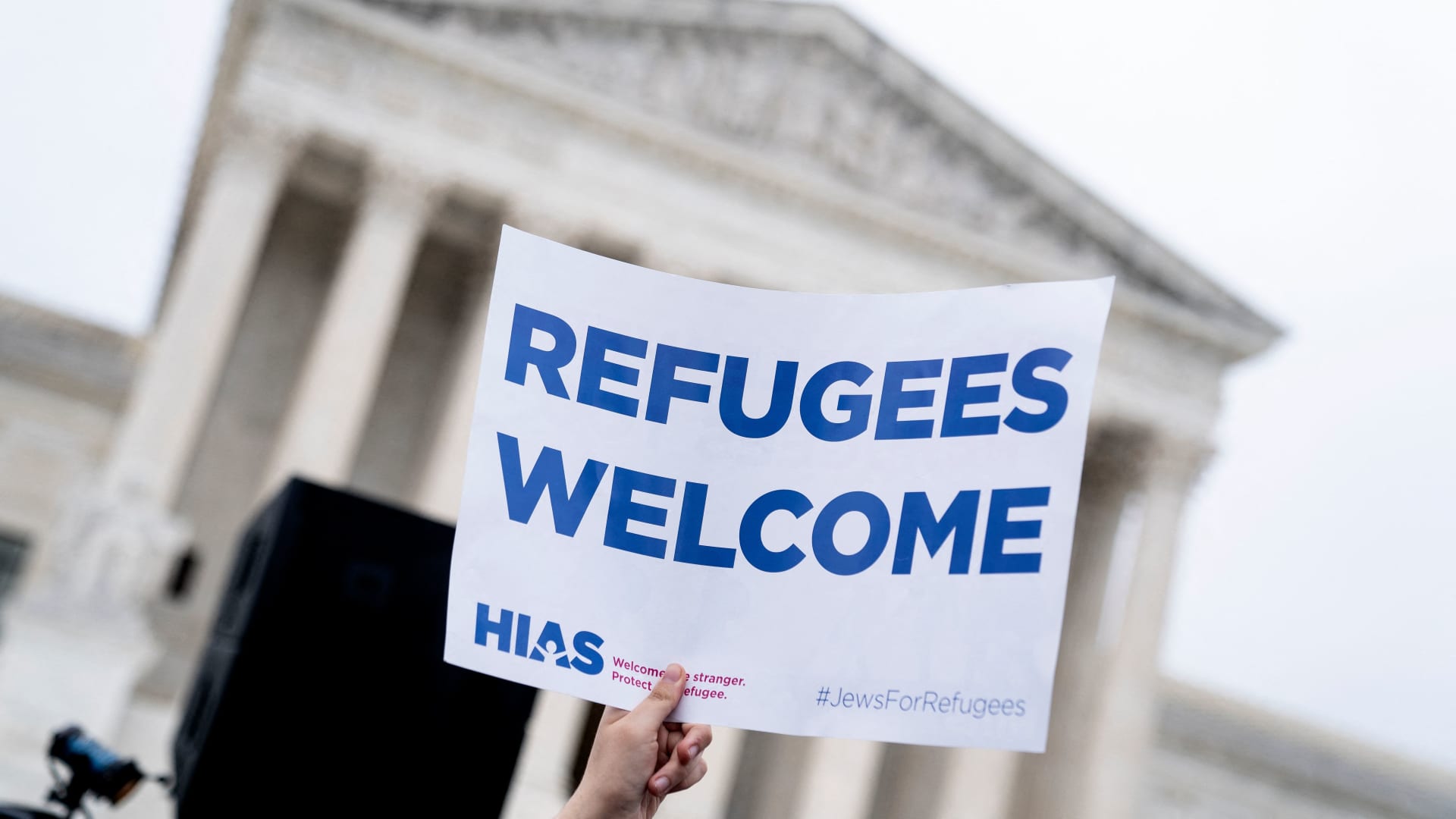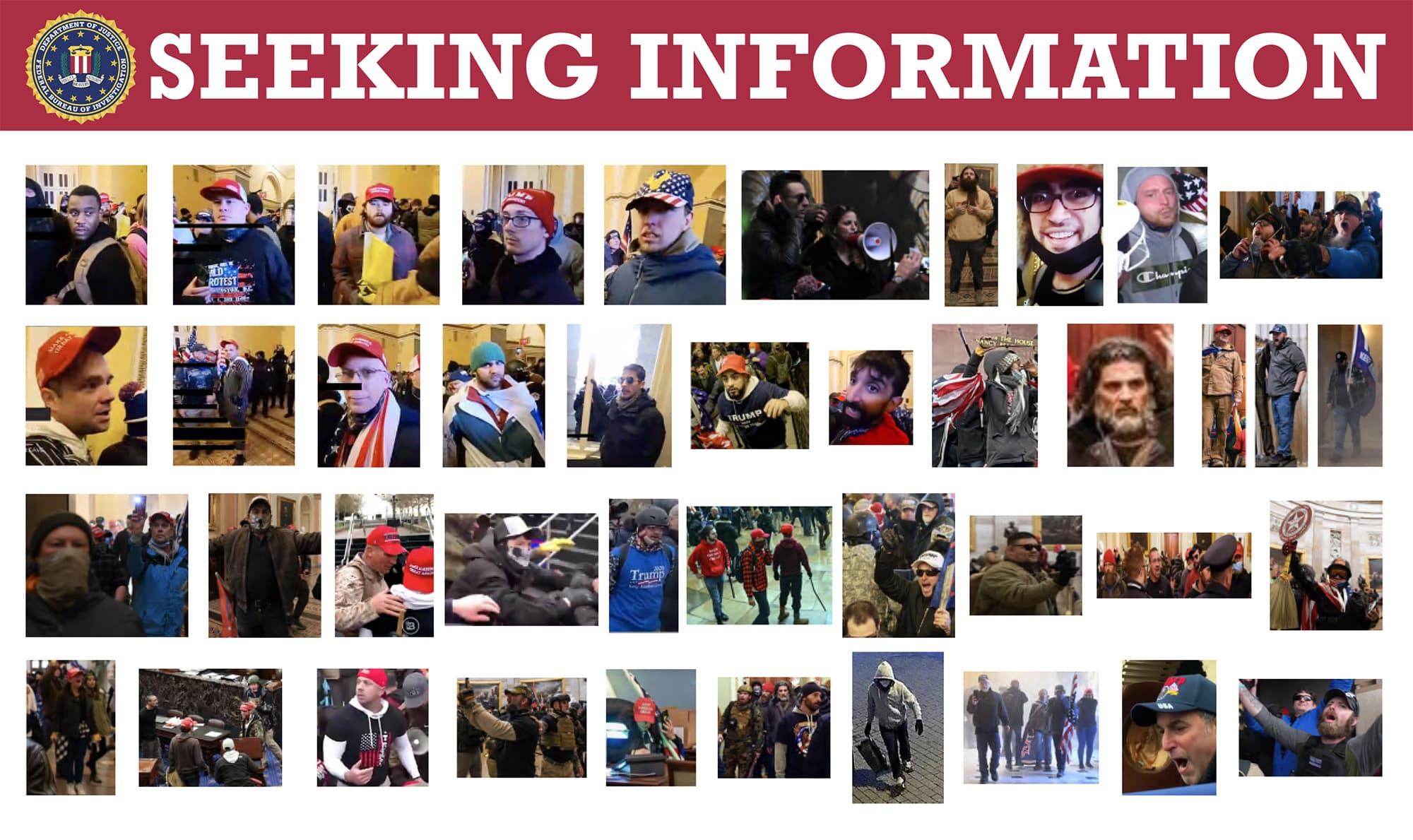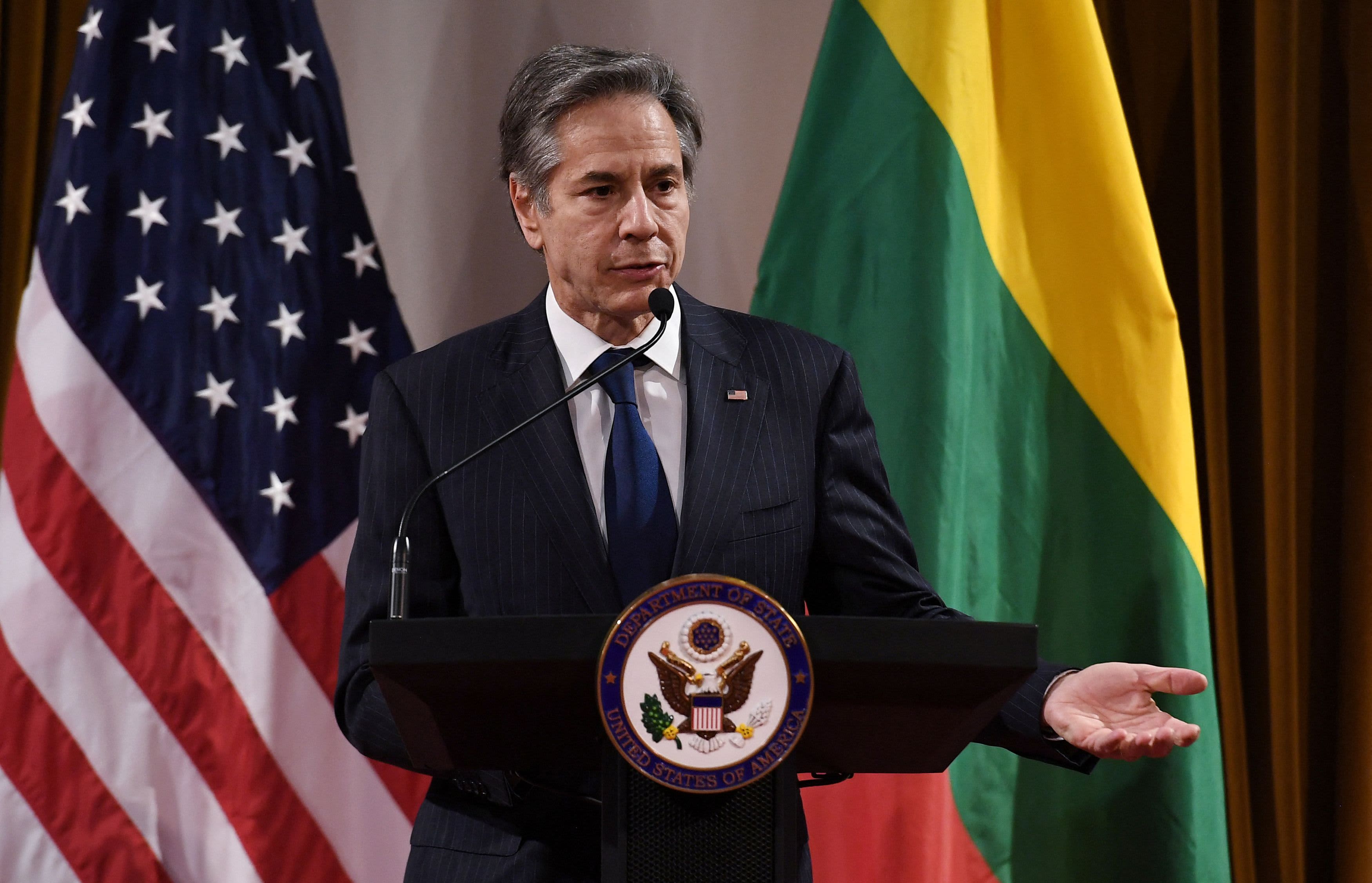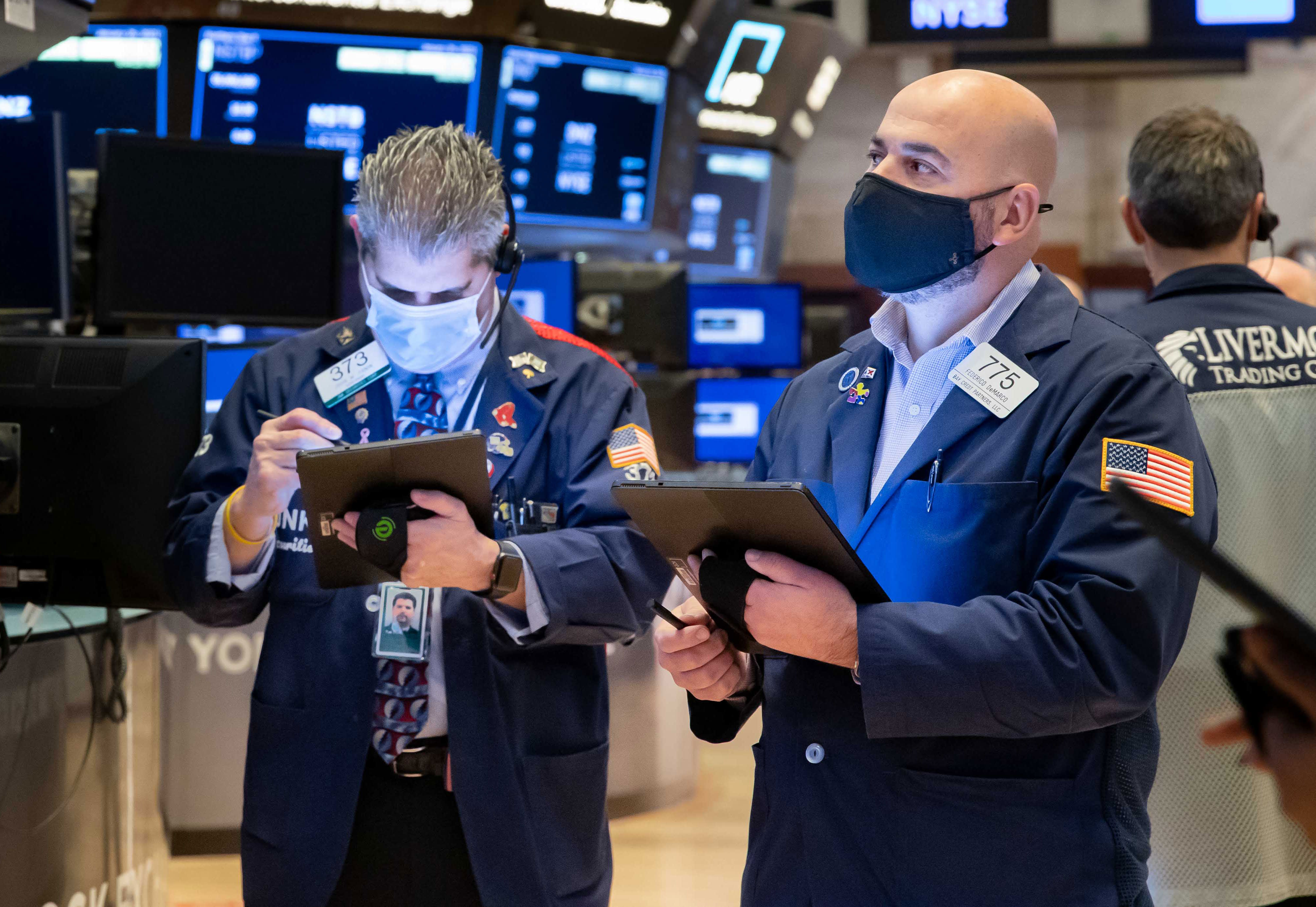Pfizer and BioNTech investigating new Covid variant, as J&J tests vaccine against mutated virus
Pfizer and BioNTech said they expect more data from lab tests in two weeks at the latest.
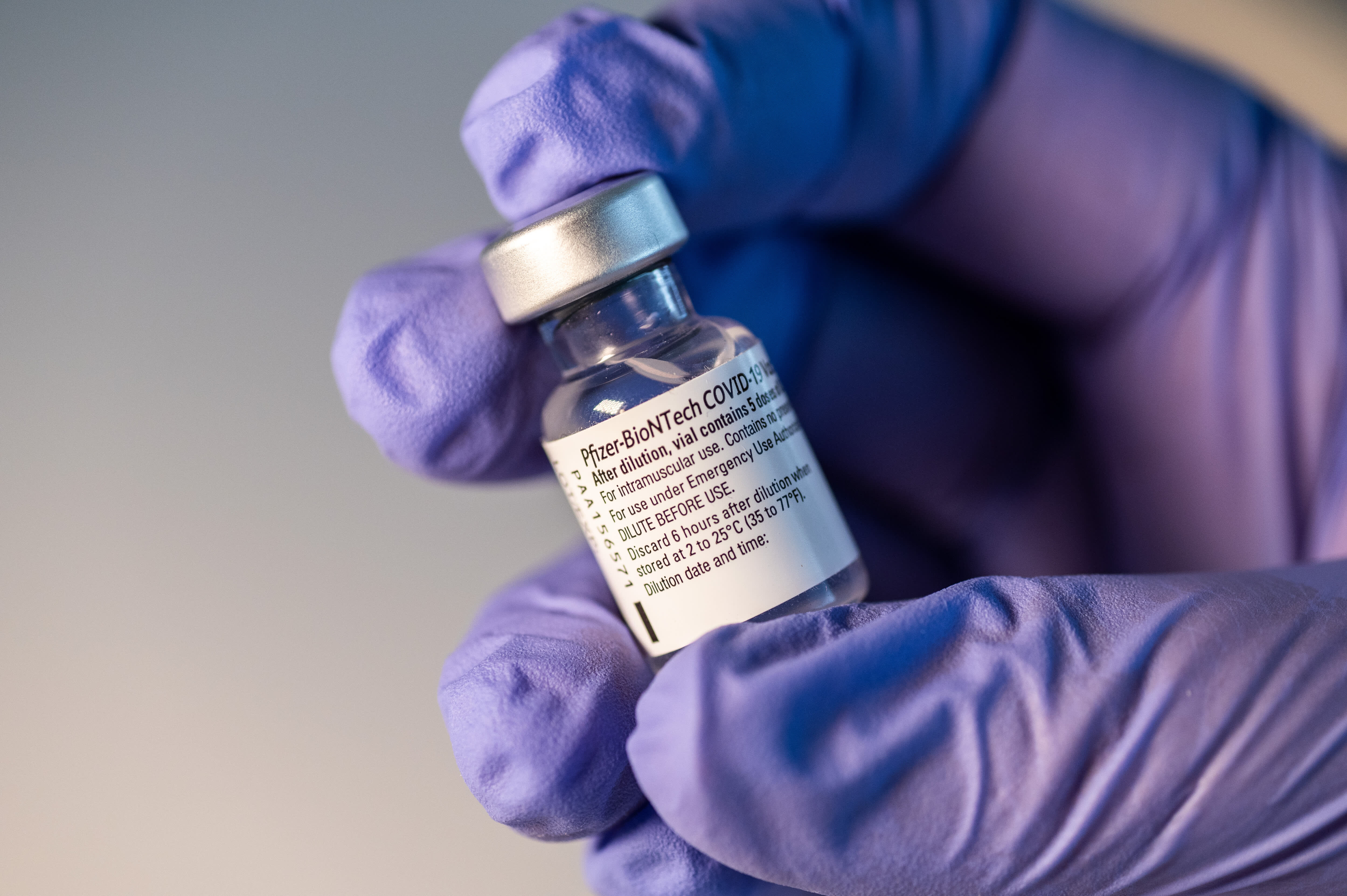
A vial of Pfizer-BioNTech Covid-19 vaccine.
Getty Images
Pfizer and BioNTech are investigating the new, heavily mutated variant of the virus that causes Covid-19, the companies said Friday morning.
"We understand the concern of experts and have immediately initiated investigations on variant B.1.1.529," the companies said.
Pfizer and BioNTech said they expect more data from lab tests in two weeks at the latest.
"These data will provide more information about whether B.1.1.529 could be an escape variant that may require an adjustment of our vaccine if the variant spreads globally," the companies said.
Pfizer and BioNTech said they can adapt their mRNA vaccine within six weeks and start shipping batches within 100 days if an escape variant is identified.
Johnson & Johnson on Friday said they were already testing their vaccine against the new variant.
"We are closely monitoring newly emerging COVID-19 virus strains with variations in the SARS-CoV-2 spike protein and are already testing the effectiveness of our vaccine against the new and rapidly spreading variant first detected in southern Africa," J&J said.
The variant, which emerged in South Africa, has about 50 mutations, more than 30 of which are on the spike protein that allows the virus to bind to human cells. The spread of the new variant is still in its early stages, and it's not yet clear how severe an infection would be to a vaccinated person.
Several European and Asian nations have suspended flights from southern Africa in response to the variant. The United Kingdom suspended flights on Thursday from six countries in the region, and the European Commission – the European Union's executive body – told all 27 member states to halt travel from southern Africa.
White House chief medical advisor Dr. Anthony Fauci on Friday said the U.S. is working with South African scientists to obtain the molecular makeup of the variant so lab tests can be conducted. Those tests would help determine whether or not the variant can evade antibody protection provided by the vaccines.
Fauci said that data would help determine whether or not the U.S. should implement similar travel restrictions.
The strength of Pfizer-BioNTech's two-dose vaccine against infection has declined over time, although it's still highly effective at preventing hospitalization and death. A study published in journal Science this month found that the vaccine's efficacy declined from 86% to 43% from February to October.
The U.S. Centers for Disease Control and Prevention authorized booster shots of Pfizer-BioNTech's vaccine for all adults last Friday. The booster dose was 95% effective at preventing symptomatic infection in people who had no evidence of prior infection in a clinical trial of 10,000 participants ages 16 and older.

 Aliver
Aliver 







